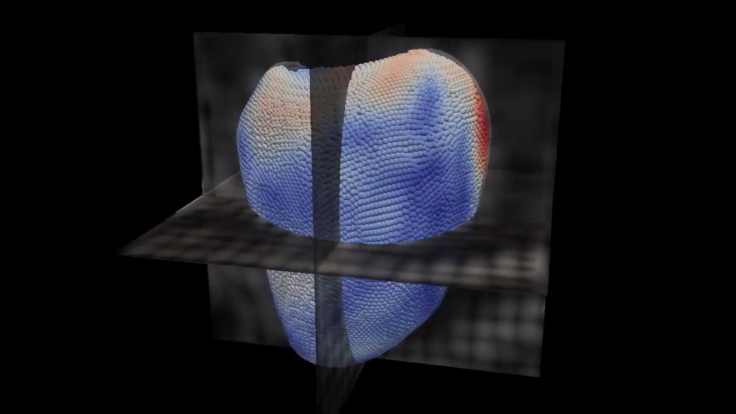AI can predict when patients will die from heart failure 'with 80% accuracy'
Machine learning software allows doctors to cut diagnosis time and better assign treatment.

Scientists say they have developed an artificial intelligence (AI) programme that is capable of predicting when patients with a serious heart disorder will die with an 80% accuracy rate. Researchers from the MRC London Institute of Medical Sciences (LMS) believe the software will allow doctors to better treat patients with pulmonary hypertension by determining how aggressive their treatment needs to be.
Pulmonary hypertension is a rare blood vessel disorder whereby the heart's pulmonary arteries harden, making them less efficient at pumping blood to the lungs. Around 7,000 people in the UK suffer from the condition, which left untreated can cause fatal heart failure.
Pulmonary hypertension is an incurable condition that gets worse with time, with a third of patients dying within five years of being diagnosed. This means that assessing how advanced the condition is in a patient is vital for selecting the right treatment.
The researchers' programme assessed the outlook of 250 patients based on blood test results and MRI scans of their hearts. It then used the data to create a virtual 3D heart of each patient which, combined with the health records of "hundreds" of previous patients, allowed it to learn which characteristics indicated fatal heart failure within five years.
The LMS scientists claim that the software was able to accurately predict patients who would still be alive after a year around 80% of the time. The computer was able to analyse patients "in seconds", promising to dramatically reduce the time it takes doctors to identify the most at-risk individuals and ensure they "give the right treatment to the right patients, at the right time".
Dr Declan O'Regan, one the lead researchers from LMS, said: "This is the first time computers have interpreted heart scans to accurately predict how long patients will live. It could transform the way doctors treat heart patients.
"A doctor equipped with this new cardiac imaging approach would therefore be able to make more informed judgements about outcome than if they were relying only on current ways to investigate patient data."
The researchers now hope to field-test the technology in hospitals in London in order to verify the data obtained from their trials, which have been published in the medical journal Radiology.
Tim Dawes, who developed the algorithms for LMS's machine learning software, said: "We would like to develop the technology so it can be used in many heart conditions to complement how doctors interpret the results of medical tests. The goal is to see if better predictions can guide treatment to help people to live longer."
© Copyright IBTimes 2025. All rights reserved.






















